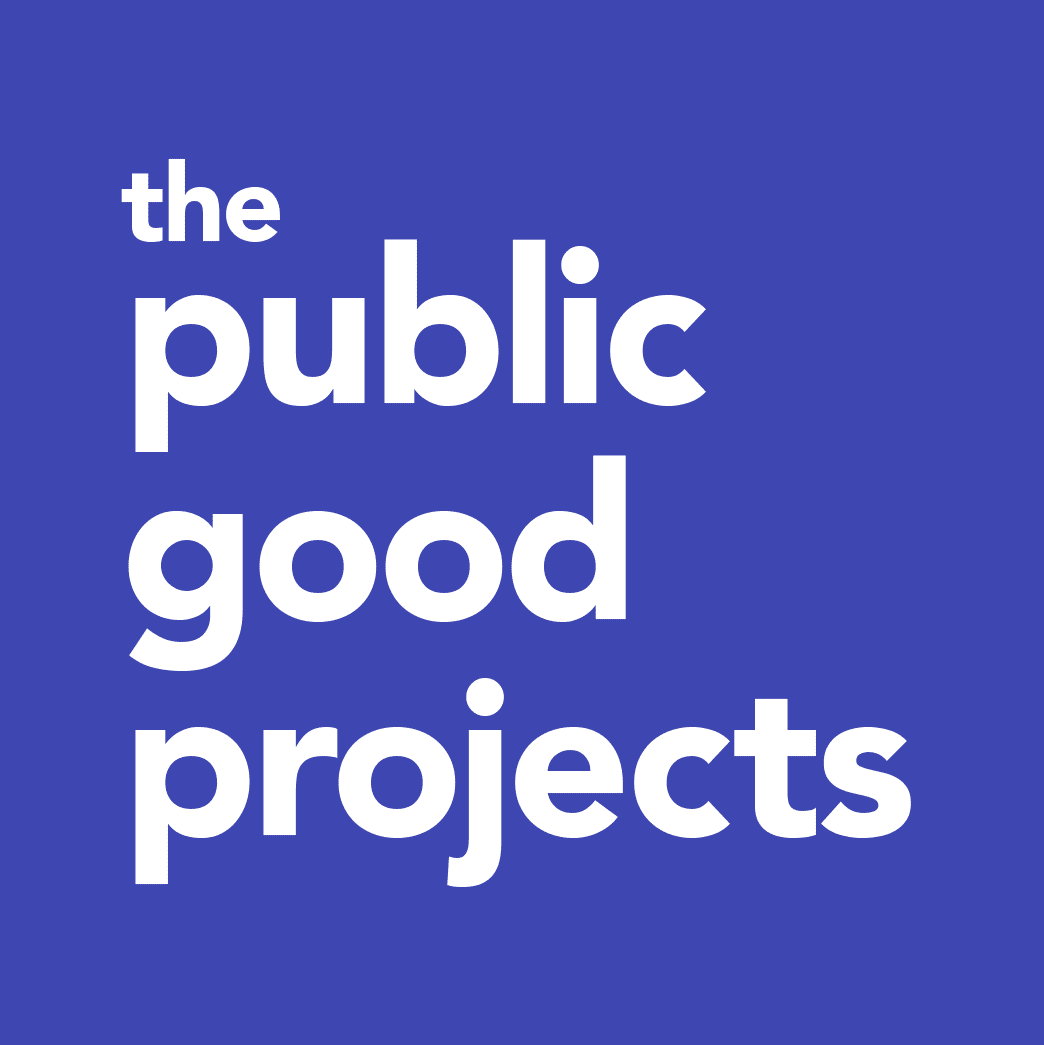Frequently Asked Questions
What are you trying to accomplish with NJSugarfreed?
NJSugarfreed is taking on the epidemics of obesity and diabetes by encouraging people to choose healthier drink options, like water, instead of beverages that contain sugar.
What will the campaign do?
NJSugarfreed works with local community groups, NJ businesses, and the general public to help promote healthy choices. From removing sodas in the workplace to Facebook ads informing people about the negative health effects of sugar, NJSugarfreed is working across the state to improve people’s health.
Why are you doing this in New Jersey?
Many people in New Jersey – and many people throughout the country – drink sugary drinks regularly. The NJSugarfreed campaign is designed to help people in New Jersey avoid obesity, diabetes, and heart disease. Other parts of the country have tried similar campaigns, and in fact a version of this Sugarfreed campaign has been successful in other communities.
Why focus on sugary drinks?
Sugary drinks are one of the leading contributors to sugar in American diets. Too much sugar in your diet has been linked to increased risk of obesity, diabetes, heart disease, cancer and tooth decay.
What exactly do you mean by “sugary drinks”?
Sugary drinks are drinks that are sweetened with sugar, high-fructose corn syrup, or other caloric sweeteners and that have more than 25 calories in 8 ounces. That includes regular soda, fruit-flavored drinks, so-called “energy” and “sports” drinks, sweetened blended coffee drinks, and sweet tea.
I know people who drink sugary drinks who aren’t overweight and don’t have diabetes. Aren’t obesity and diabetes just genetic?
Some people are genetically more likely to be overweight and to develop diabetes than others. But even without genetic risk factors, drinking sugary drinks puts you more at risk for not only obesity and diabetes, but also heart disease, cancer and tooth decay.
How much sugar is in sugary drinks?
A 20-ounce bottle of soda has about 65 grams of sugar (240 calories), usually as high-fructose corn syrup, which is similar to (but not exactly the same as) cane sugar. A teaspoon of granulated cane sugar has about 4 grams, so that 20-ounce can of soda has the equivalent of about 16 teaspoons of sugar in it. If you had to add your own sugar to a 20-ounce cup of tea, would you add 16 teaspoons?
What about sports drinks? What about fruit drinks? Aren’t they healthy?
No. So-called “sports” drinks and drinks with fruit flavoring like lemonade or fruit punch contain plenty of added sugars. Some of these drinks have more sugar than regular soda. That amount of sugar is not healthy for you, no matter how old you are and no matter how much you exercise.
What about diet drinks?
"Diet" drinks with artificial sweeteners do not have the calories of sugary drinks, and some studies show that people who drink them gain less weight than people drinking full-sugar drinks. But the artificial sweeteners do have some effects on the body that may contribute to weight gain over the long term. If you feel you must have a sweet drink, diet drinks are better than full-sugar drinks, but it is best to just go with water or drinks without any sweeteners.
I only drink one or two sugary drinks a day. That’s OK, isn’t it?
No, that’s not healthy. It adds up to about 68 pounds of sugar a year that you’re drinking, enough to cause you to gain weight and enough to increase your risk of diabetes and heart disease.
What SHOULD I drink?
Water is the best. It’s safe and healthy. It doesn’t contain anything that you don’t need. And if you drink tap water, it’s free! If you want a little something extra in your drink, try unsweetened tea, unsweetened flavored water, seltzer water, or agua fresca.

